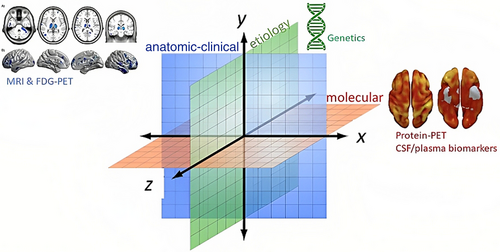Growing evidence support the hypothesis that cathepsin D (catD) is related to AD but the activity of serum catD had never been assessed in patients with dementia. We studied the activity of serum catD in different stages of AD as well as in patients with Mild Cognitive Impairment (MCI) and Vascular Dementia (VD). Results do not support catD activity as a useful biomarker for dementias since we found no significant differences between AD stages or between AD and MCI or VD. Surprisingly we found a relation between ApoE genotype, gender and catD activity that reaffirm the possibility that catD might be involved in the pathogenesis of AD specifically in men carriers of ApoE4.
Reference: Menéndez González M et al. Journal of Neurology and Neuroscience 2010 (1) 2:4 Full text

